Rachel Dolezal—the White activist who calls herself "transracial"—came forward in a recent interview with Tamron Hall saying she struggled to find work in the last six years due to being "misunderstood."
Dolezal, 43—a.k.a. Nkechi Amare Diallo—was born to two Caucasian parents and raised in their home, but the former college professor and activist contradicted her biologically White heritage by living as a mixed-race woman who identified as Black.
She sparked national outrage in 2015 when she was outed as a White woman who lied about her Black identity while serving as president of the NAACP's chapter in Spokane, Washington.
She was accused of cultural appropriation and fraud and was also castigated on social media by those who were disgusted about her deception.
Some even drew comparisons to blackface.
The scandal eventually led to her dismissal as an instructor in Africana studies at Eastern Washington University and her removal from her post as chair of the Police Ombudsman Commission in Spokane.
In 2017, she published a book explaining her racial identity, called, In Full Color: Finding My Place in a Black and White World.
The following year in May, she was charged by the State of Washington with felony theft by welfare fraud, and second-degree perjury, which were settled in a pretrial diversion program. That same year, Netflix featured a documentary on her called The Rachel Divide, but she has since faded from the public eye.
Until now.
Dolezal appeared on Monday's episode of The Tamron Hall Show to update the public on how things have been in her life. And it apparently has not been good.
She talked about her struggles finding work in the past six years and believed she was still being "punished."
"I started with applying for all of the things I was qualified for, and after interviews and getting turned down, I even applied to jobs that didn't even require degrees."
She told Hall she wished people saw her for "who" she is and not "what" she is.
She called herself:
"A mother, an activist, and an artist … that's really who I am."
The interview failed to elicit much sympathy from viewers who felt she had not changed her ways.
On the subject of her race and identity, she said she has "always identified racially as 'human' but have found more of a home in Black culture and the Black community, and that hasn't changed."
You can watch the full interview, here.
She continued talking about her struggles landing a job.
"Tough for sure not having a job for six years, having to create my own job and find my own ways to provide for my children through braiding hair, through grant writing to bring funds into marginalized communities and Black-owned businesses and non-profits, through painting, through doing pep talks on Cameo.com."
"I'm still doing the work, I'm still pressing forward, but it has been really tough for sure."
She concluded by saying:
"It's definitely been a long six years, but I really strongly believe that as a person, you have to just continue to be who you are. And you can't change who you are."

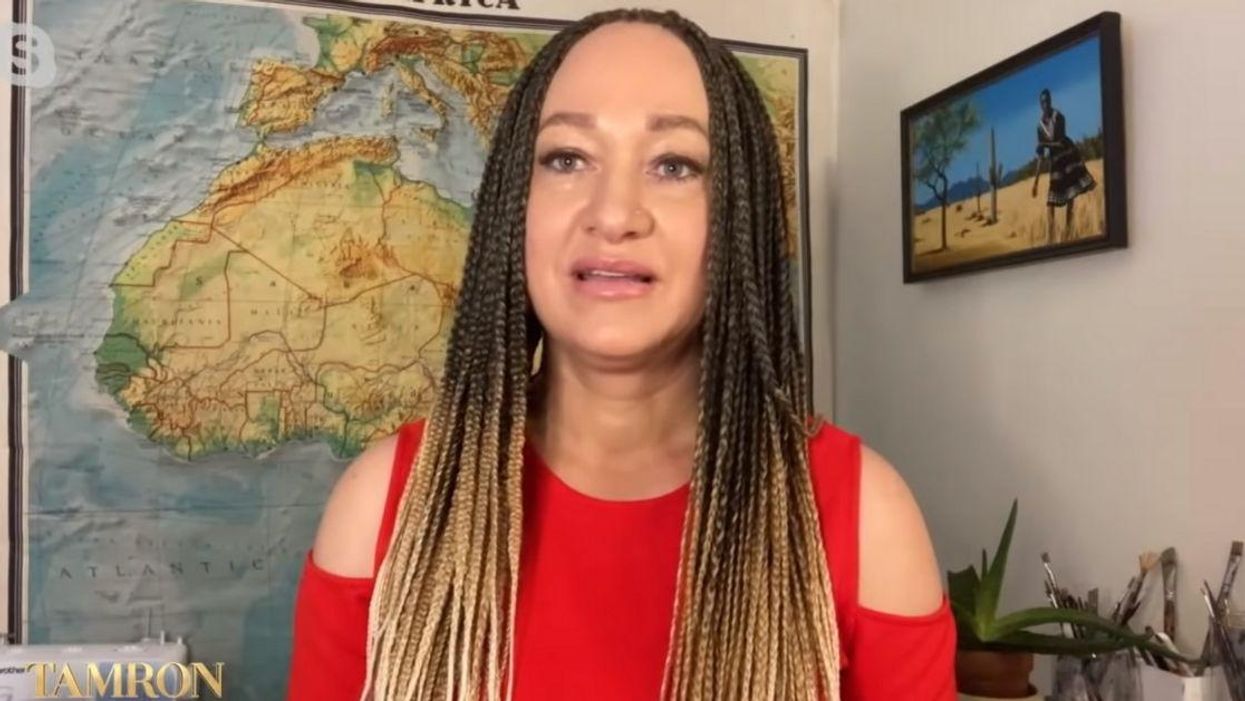

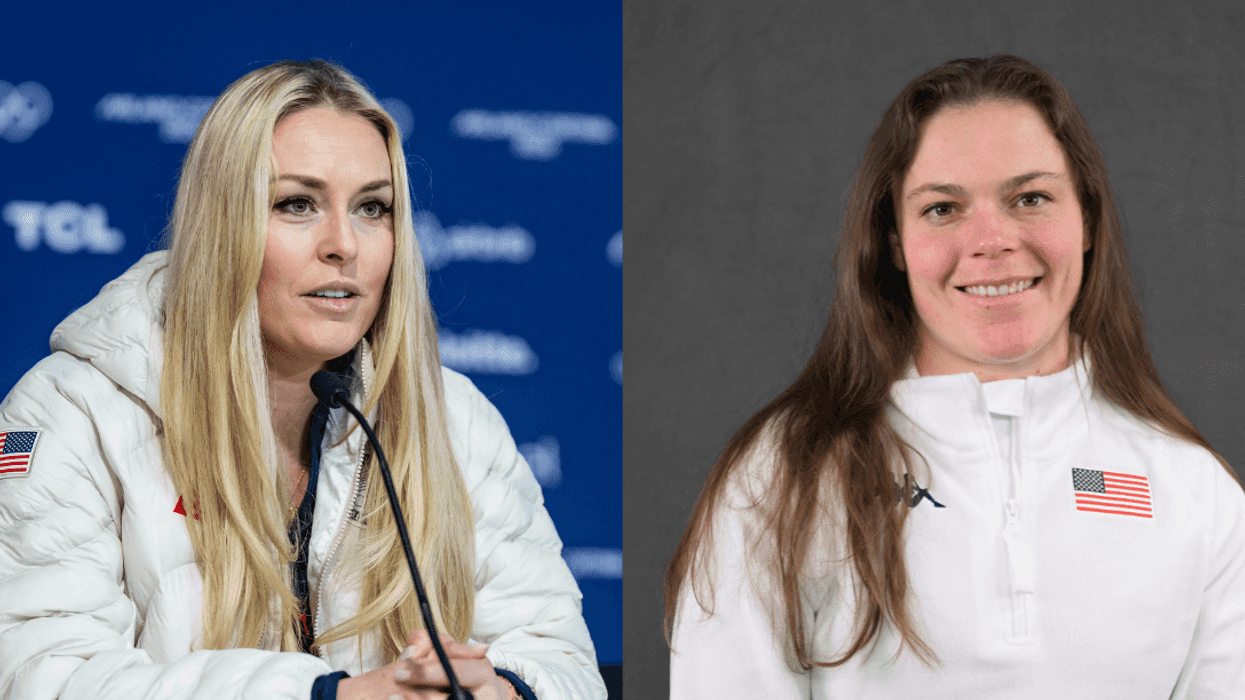





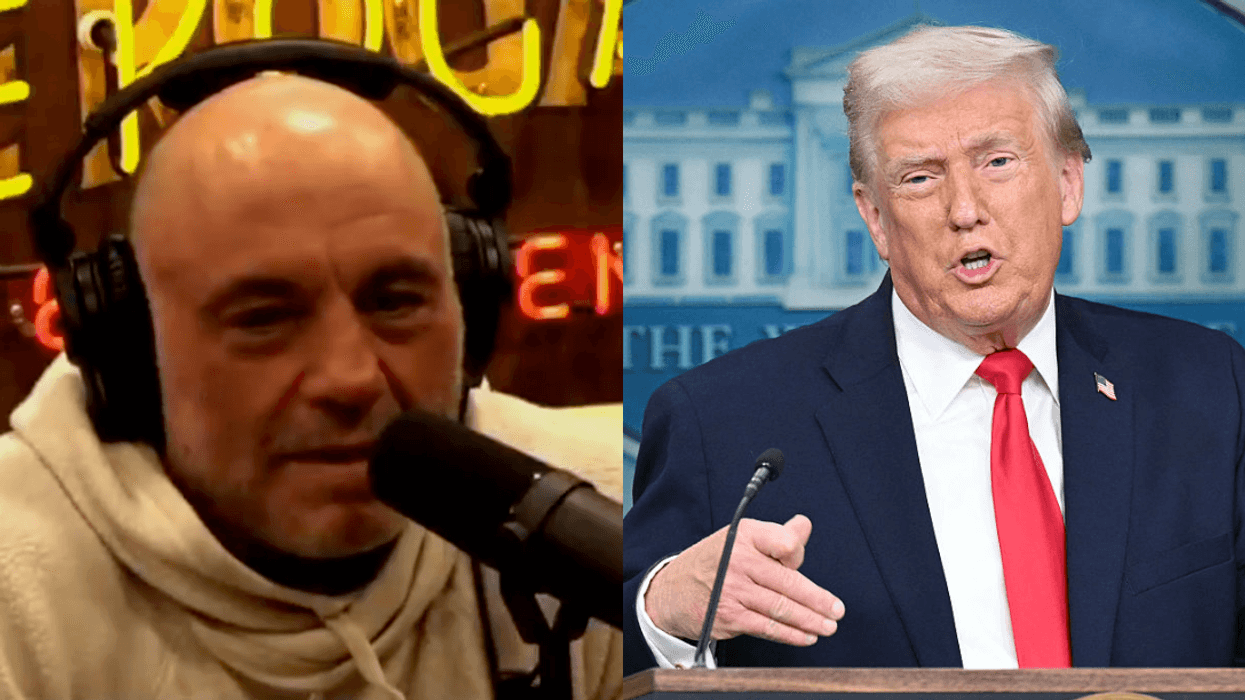


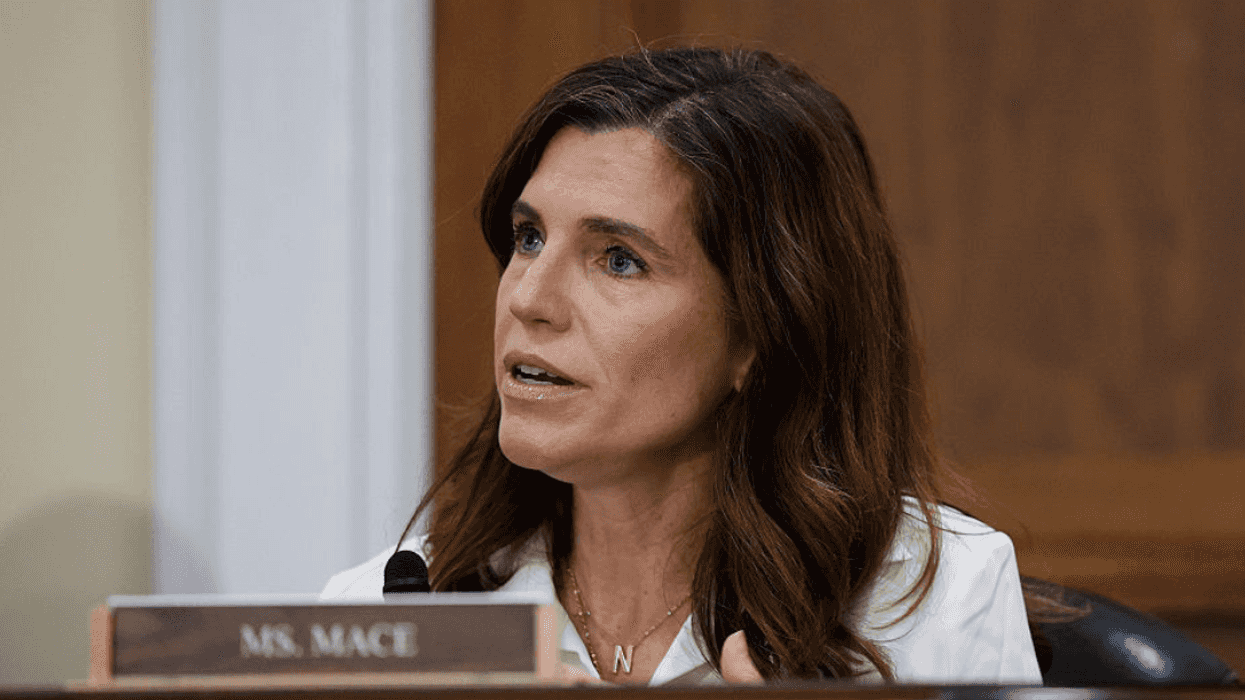


 Awkward Pena GIF by Luis Ricardo
Awkward Pena GIF by Luis Ricardo  Community Facebook GIF by Social Media Tools
Community Facebook GIF by Social Media Tools  Angry Good News GIF
Angry Good News GIF 
 Angry Cry Baby GIF by Maryanne Chisholm - MCArtist
Angry Cry Baby GIF by Maryanne Chisholm - MCArtist 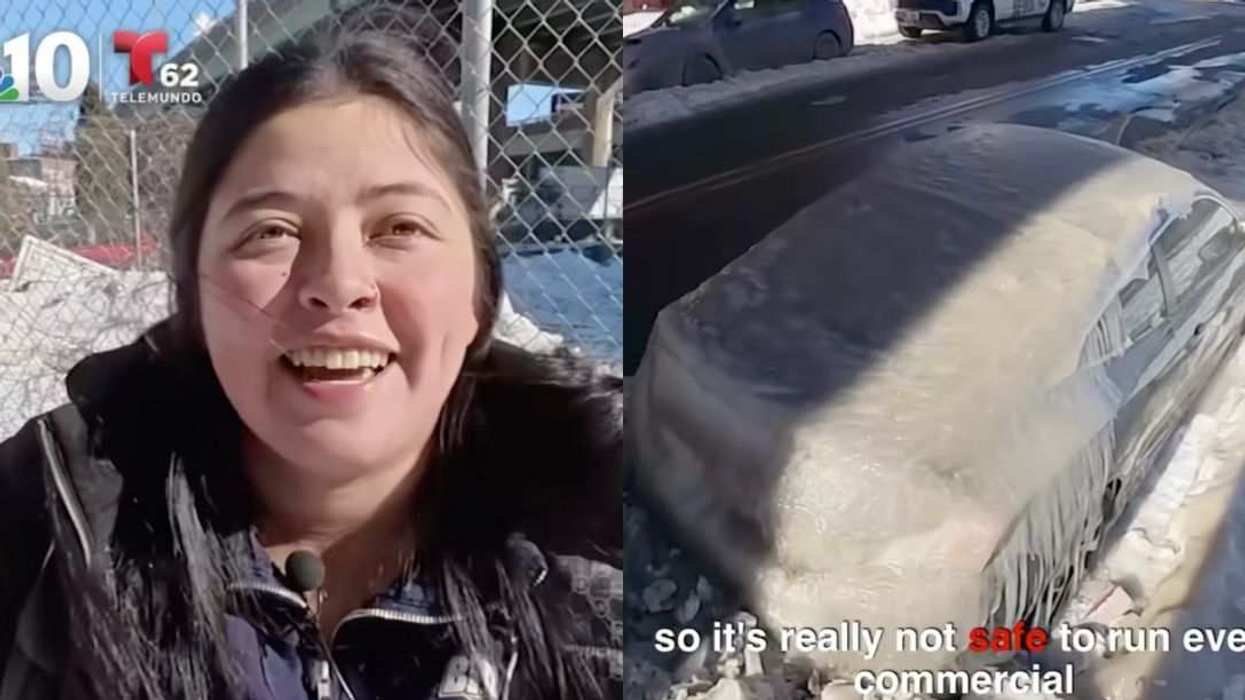
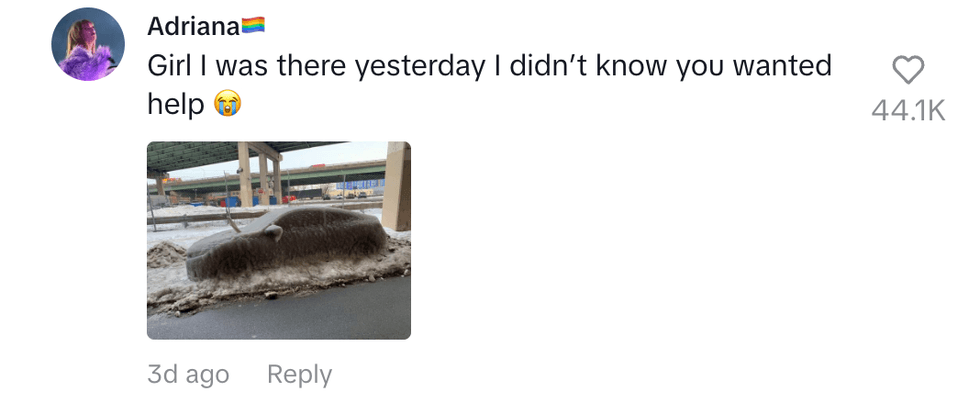 @adriana.kms/TikTok
@adriana.kms/TikTok @mossmouse/TikTok
@mossmouse/TikTok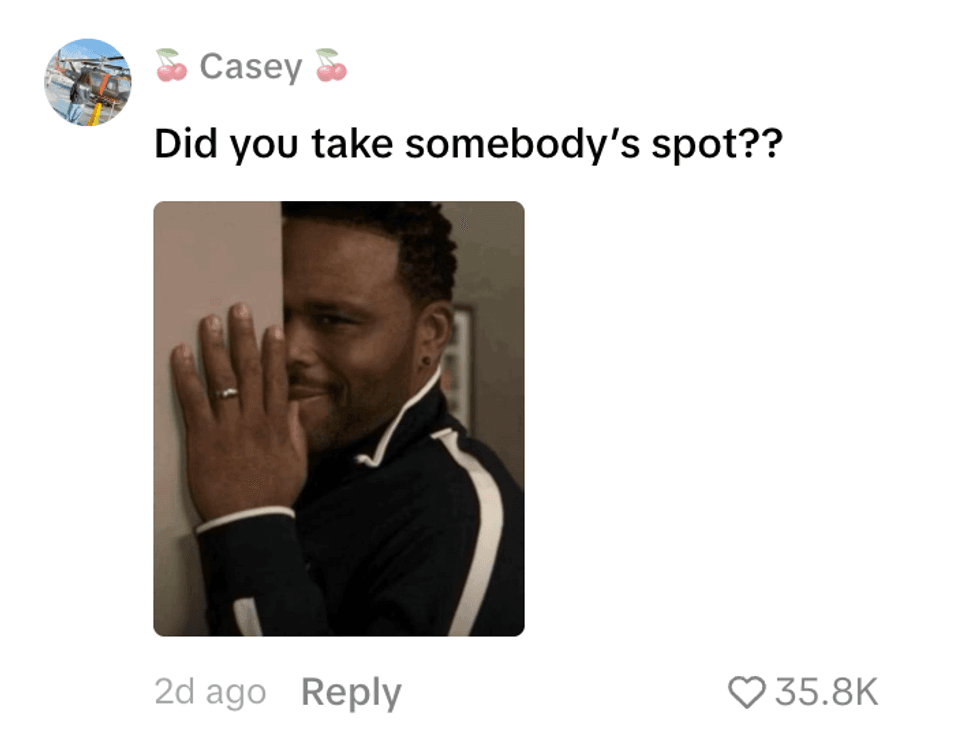 @im.key05/TikTok
@im.key05/TikTok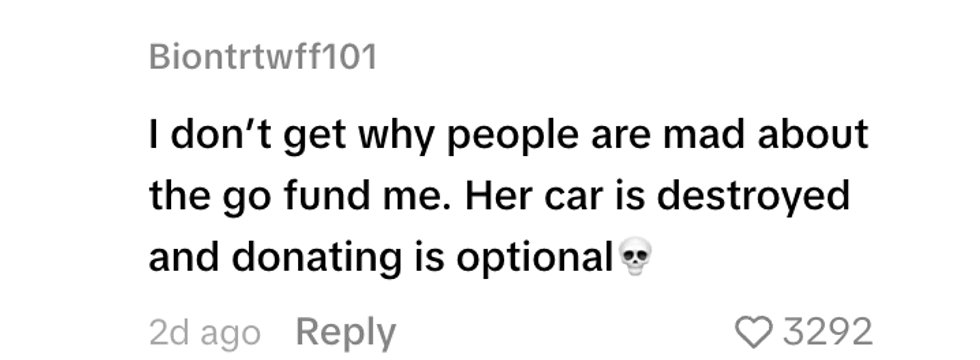 @biontrtwff101/TikTok
@biontrtwff101/TikTok @likebrifr/TikTok
@likebrifr/TikTok @itsashrashel/TikTok
@itsashrashel/TikTok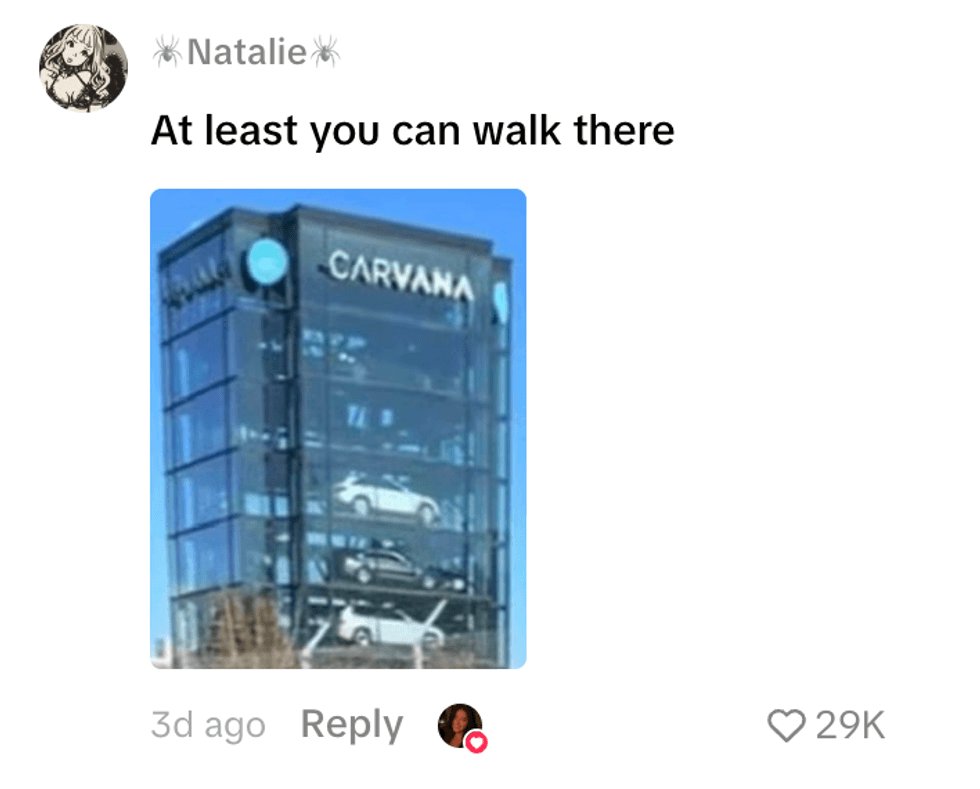 @ur_not_natalie/TikTok
@ur_not_natalie/TikTok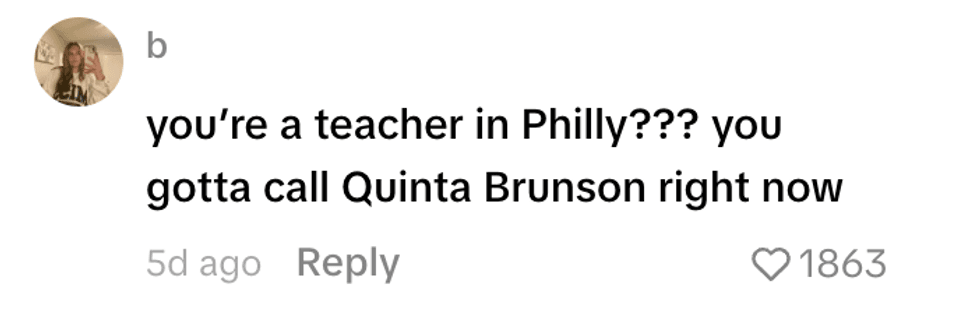 @rbaileyrobertson/TikTok
@rbaileyrobertson/TikTok @xo.promisenat20/TikTok
@xo.promisenat20/TikTok @weelittlelandonorris/TikTok
@weelittlelandonorris/TikTok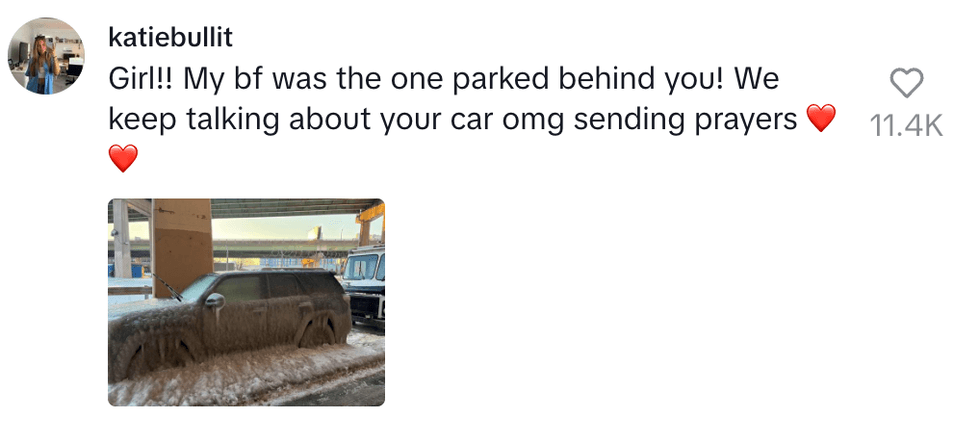 @katiebullit/TikTok
@katiebullit/TikTok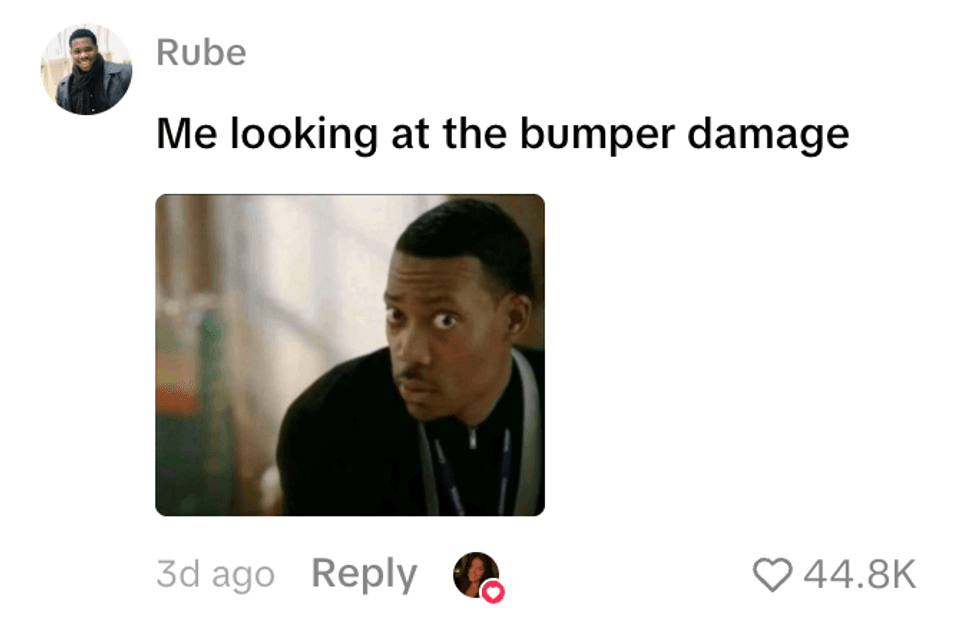 @rube59815/TikTok
@rube59815/TikTok
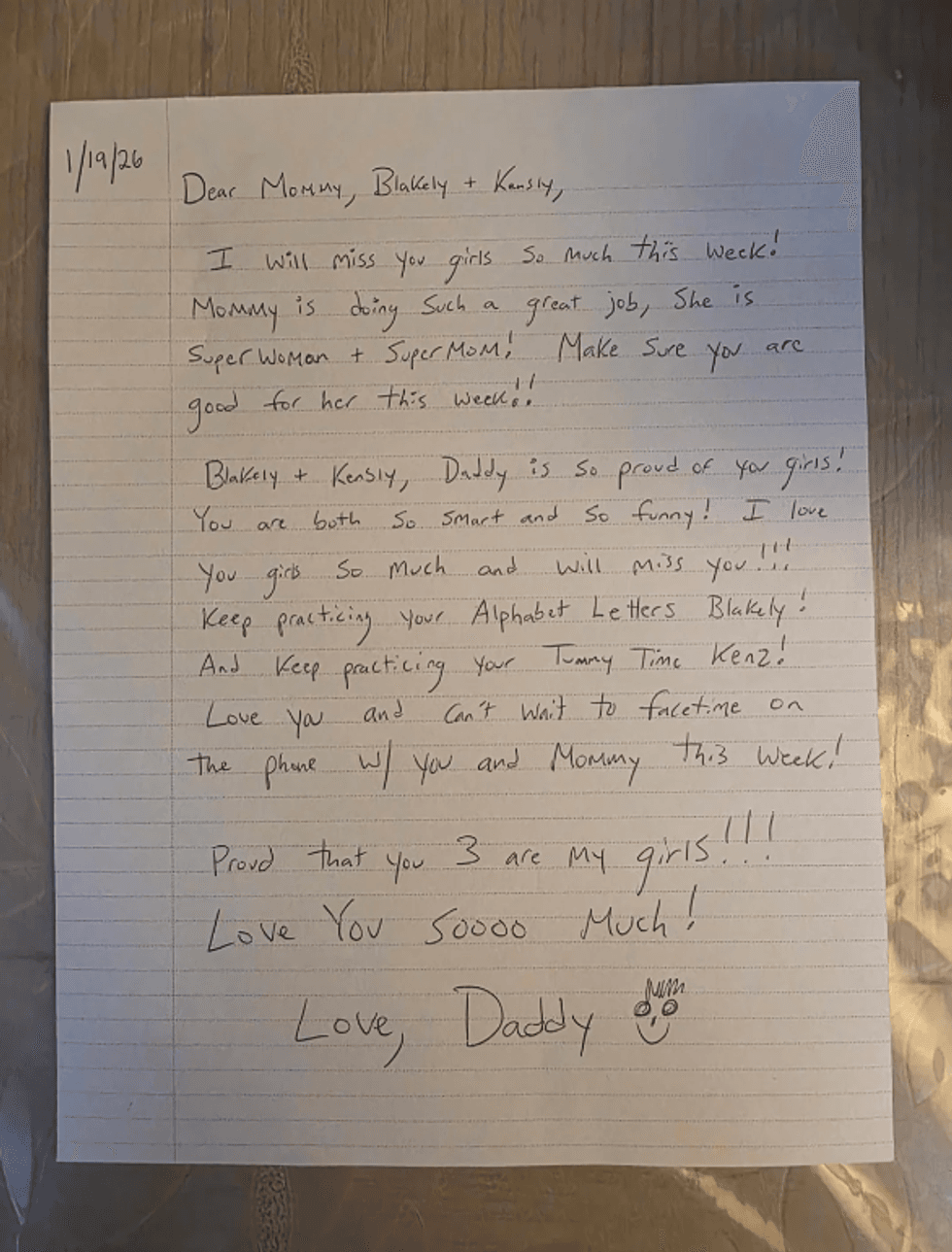 u/Fit_Bowl_7313/Reddit
u/Fit_Bowl_7313/Reddit